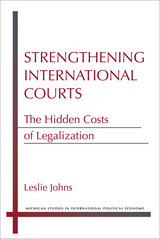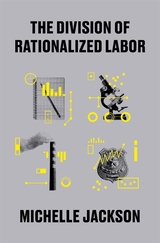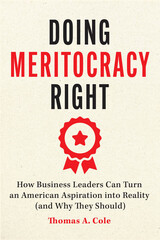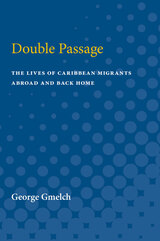3 books about Hidden Costs

The Hidden Costs of Coastal Hazards
Implications For Risk Assessment And Mitigation
The H. John Heinz III Center for Science; Foreword by Gilbert F. White
Island Press, 2000
Society has limited hazard mitigation dollars to invest. Which actions will be most cost effective, considering the true range of impacts and costs incurred? In 1997, the H. John Heinz III Center for Science, Economics and the Environment began a two-year study with a panel of experts to help develop new strategies to identify and reduce the costs of weather-related hazards associated with rapidly increasing coastal development activities.The Hidden Costs of Coastal Hazards presents the panel's findings, offering the first in-depth study that considers the costs of coastal hazards to natural resources, social institutions, business, and the built environment. Using Hurricane Hugo, which struck South Carolina in 1989, as a case study, it provides for the first time information on the full range of economic costs caused by a major coastal hazard event. The book: describes and examines unreported, undocumented, and hidden costs such as losses due to business interruption, reduction in property values, interruption of social services, psychological trauma, damage to natural systems, and others examines the concepts of risk and vulnerability, and discusses conventional approaches to risk assessment and the emerging area of vulnerability assessment recommends a comprehensive framework for developing and implementing mitigation strategies documents the human impact of Hurricane Hugo and provides insight from those who lived through it.The Hidden Costs of Coastal Hazards takes a structured approach to the problem of coastal hazards, offering a new framework for community-based hazard mitigation along with specific recommendations for implementation. Decisionmakers -- both policymakers and planners -- who are interested in coastal hazard issues will find the book a unique source of new information and insight, as will private-sector decisionmakers including lenders, investors, developers, and insurers of coastal property.
[more]

The Price of Safety
Hidden Costs and Unintended Consequences for Women in the Domestic Violence Service System
Sara Shoener
Vanderbilt University Press, 2017
Specialized public resources for survivors of intimate partner violence (IPV) are increasingly common and diverse--from protection order courts and dedicated domestic violence units in police precincts to a vast network of community-based emergency shelters and counseling services. Yet little consensus exists regarding which resources actually work to reduce violence and help survivors lead the lives they would like to live. This book is an account of these resources and IPV survivors' experiences with them in three communities in the United States.
Through detailed observations of services such as court procedures, public benefits processes, and community-based IPV programs as well as in-depth interviews with dozens of IPV survivors and practitioners, Shoener describes how our current institutional response to IPV is often not useful--and sometimes quite harmful--for IPV survivors with the least material, social, and cultural capital to spare. For these women, as the interviews vividly record, IPV has long-term economic and social consequences, disrupting career paths and creating social isolation.
Through detailed observations of services such as court procedures, public benefits processes, and community-based IPV programs as well as in-depth interviews with dozens of IPV survivors and practitioners, Shoener describes how our current institutional response to IPV is often not useful--and sometimes quite harmful--for IPV survivors with the least material, social, and cultural capital to spare. For these women, as the interviews vividly record, IPV has long-term economic and social consequences, disrupting career paths and creating social isolation.
[more]

Strengthening International Courts
The Hidden Costs of Legalization
Leslie Johns
University of Michigan Press, 2015
As all manner of commerce becomes increasingly global, states must establish laws to protect property rights, human rights, and national security. In many cases, states delegate authority to resolve disputes regarding these laws to an independent court, whose power depends upon its ability to enforce its rulings.
Examining detailed case studies of the International Court of Justice and the transition from the General Agreement on Tariffs and Trade to the World Trade Organization, Leslie Johns finds that a court’s design has nuanced and mixed effects on international cooperation. A strong court is ideal when laws are precise and the court is nested within a political structure like the European Union. Strong courts encourage litigation but make states more likely to comply with agreements when compliance is easy and withdraw from agreements when it is difficult. A weak court is optimal when law is imprecise and states can easily exit agreements with minimal political or economic repercussions. Johns concludes the book with recommendations for promoting cooperation by creating more precise international laws and increasing both delegation and obligation to international courts.
[more]
READERS
Browse our collection.
PUBLISHERS
See BiblioVault's publisher services.
STUDENT SERVICES
Files for college accessibility offices.
UChicago Accessibility Resources
home | accessibility | search | about | contact us
BiblioVault ® 2001 - 2025
The University of Chicago Press









